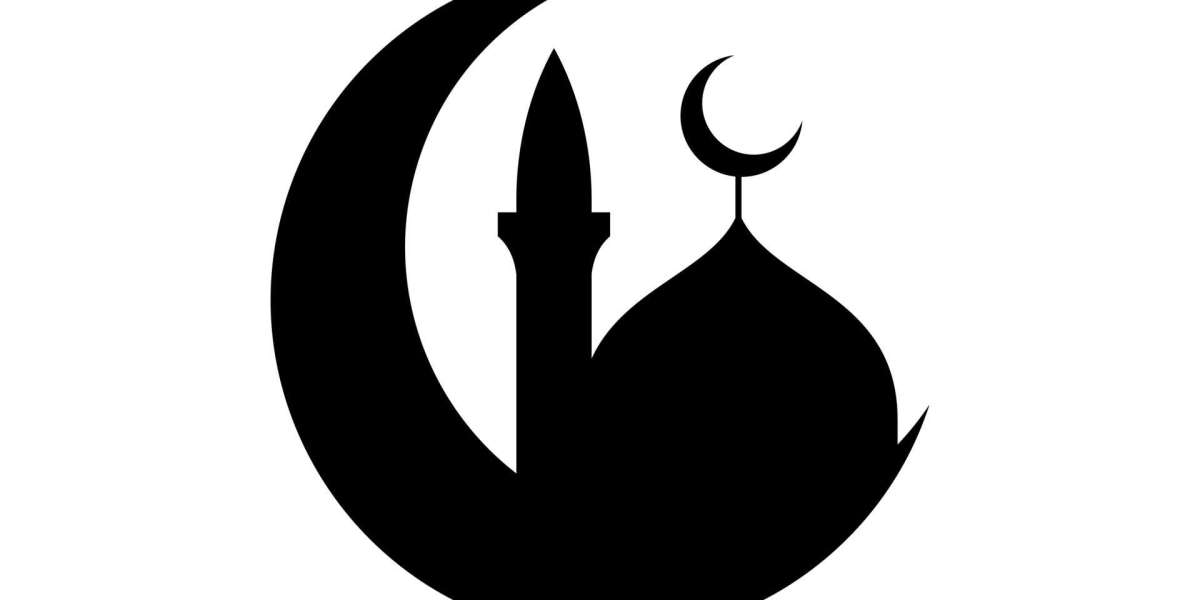Understanding the significance of Zakat sheds light on its multifaceted importance in Islam and its broader impact on society.
Obligatory Act of Worship
Zakat is not merely a voluntary act of charity but a mandatory obligation for financially capable Muslims. It is considered a fundamental pillar of Islam alongside faith, prayer, fasting, islamic guidance and pilgrimage (Hajj). Paying Zakat is a religious duty that Muslims fulfill to demonstrate their obedience to Allah and uphold the principles of social justice and compassion.
Economic Empowerment and Redistribution of Wealth
Zakat serves as a powerful tool for economic empowerment and the redistribution of wealth within the Muslim community. By obligating affluent Muslims to donate a portion of their wealth to those in need, Zakat helps alleviate poverty, reduce inequality, and promote economic justice. It ensures that wealth circulates among all segments of society, fostering greater equity and social cohesion.
Spiritual Purification and Personal Growth
Beyond its socioeconomic impact, Zakat holds profound spiritual significance for Muslims. It serves as a means of spiritual purification and personal growth by cultivating qualities of generosity, compassion, and gratitude. Through the act of giving, Muslims purify their wealth and purify their hearts, fostering a deeper sense of empathy and interconnectedness with others.
Support for the Needy and Vulnerable
Zakat is primarily directed towards specific categories of recipients outlined in Islamic jurisprudence, including the poor, the needy, the indebted, travelers in need, and those working in the cause of Allah (fi sabeelillah). By providing financial support to these vulnerable groups, Zakat ensures their basic needs are met, enabling them to lead dignified and fulfilling lives. It serves as a safety net for the marginalized and marginalized, offering hope and assistance to those facing adversity.
Strengthening Community Bonds
Zakat strengthens bonds within the Muslim community by fostering a culture of solidarity, compassion, and mutual support. Through the collective obligation of Zakat, Muslims come together to address societal needs and uplift the less fortunate members of society. It creates a sense of shared responsibility and belonging, uniting individuals from diverse backgrounds in a common cause of social welfare and justice.
Conclusion
Zakat occupies a central position in Islam, embodying the principles of charity, justice, and compassion. As an obligatory act of worship, Zakat serves as a means of economic empowerment, spiritual purification, and social solidarity within the Muslim community. By fulfilling their duty of Zakat, Muslims uphold the values of generosity, empathy, and social responsibility, contributing to the well-being and prosperity of society as a whole.
For more article links related to this topic, please click here. |
| Individual Islamic Coaching |
| Premarital Coaching services |
| Marital Coaching |
| Family Coaching |
| Faith-Based Coaching |



